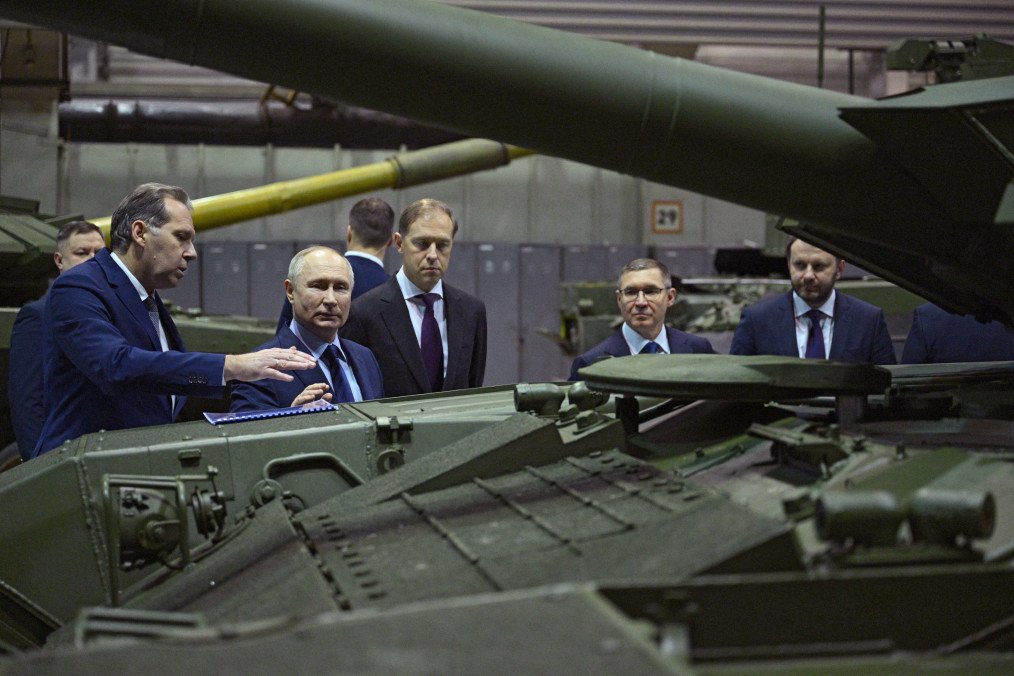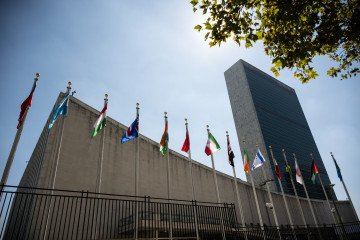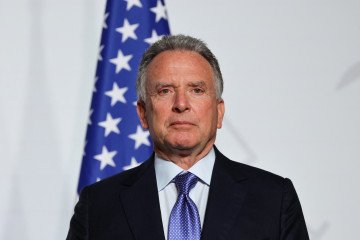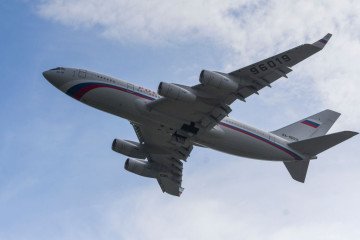- Category
- Latest news
How Russia’s Invasion of Ukraine Is Fueling a Growing Labor Shortage at Home

Russia is facing an escalating labor shortage that is affecting multiple sectors across the country, according to Reuters, citing companies, workers, recruitment agencies, and government officials.
The problem stems from heavy recruitment by the Russian armed forces and defense industries, as well as emigration, which has driven unemployment to a historic low of 2.3%, according to data from Rosstat.
Russia has long faced labor shortages due to its low birth rate, but the issue has been exacerbated by the launch of the full-scale invasion of Ukraine. Tens of thousands of potential workers have joined the army, while many others have chosen to emigrate, further straining the labor market.
“You had a kind of semi-dead factory in your region, producing shock absorber springs for some defense plants, for tanks, dragging out a miserable existence. And now orders have fallen on it – a lot of springs are needed,” said a person connected to the company who asked to stay anonymous.
Defense orders must be fulfilled, and the demand for workers will only decrease when those orders subside, explained Andrei Gartung, head of a forging and pressing plant in Chelyabinsk. However, no slowdown is expected in the near future.
Recruiters report that the labor shortage is particularly severe in manufacturing, logistics, and IT, but it is most pronounced in construction. According to Lydia Kataskina, HR Director at Glavstroy, this has led to rising costs, missed deadlines, and compromised quality.
The InterAgroTech Association of Agricultural Producers reported that the labor shortage is disrupting all stages of farming, from sowing to harvesting, which is negatively impacting both crop quality and safety.
The labor shortage has also deeply affected Russia’s Interior Ministry, which oversees the police, said the speaker of the upper house of parliament, Valentina Matvienko. By early November, the ministry reported that the number of unfilled positions had doubled in two years, reaching 173,800—18.8% of its total workforce.
Kremlin spokesman Dmitry Peskov stated in an interview published on November 22, 2024, that Russia requires migrant workers to sustain its development due to a shrinking domestic labor force.
“We live in the largest country in the world, but there aren’t that many of us,” he said.
Meanwhile, anti-migrant sentiment is pervasive in Russia, particularly targeting workers from Central Asia who play vital roles in industries such as construction and agriculture.
Russian authorities estimate that by 2030, the economy will require an additional 2.4 million workers across sectors such as manufacturing, transportation, healthcare, social services, scientific research, and IT.
Russia is all-in on its war economy, boosting its military budget by a staggering $29 billion for 2025, showing no signs of slowing down until at least 2027.
-f88628fa403b11af0b72ec7b062ce954.jpeg)

-111f0e5095e02c02446ffed57bfb0ab1.jpeg)



-72b63a4e0c8c475ad81fe3eed3f63729.jpeg)